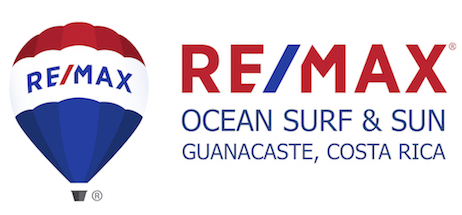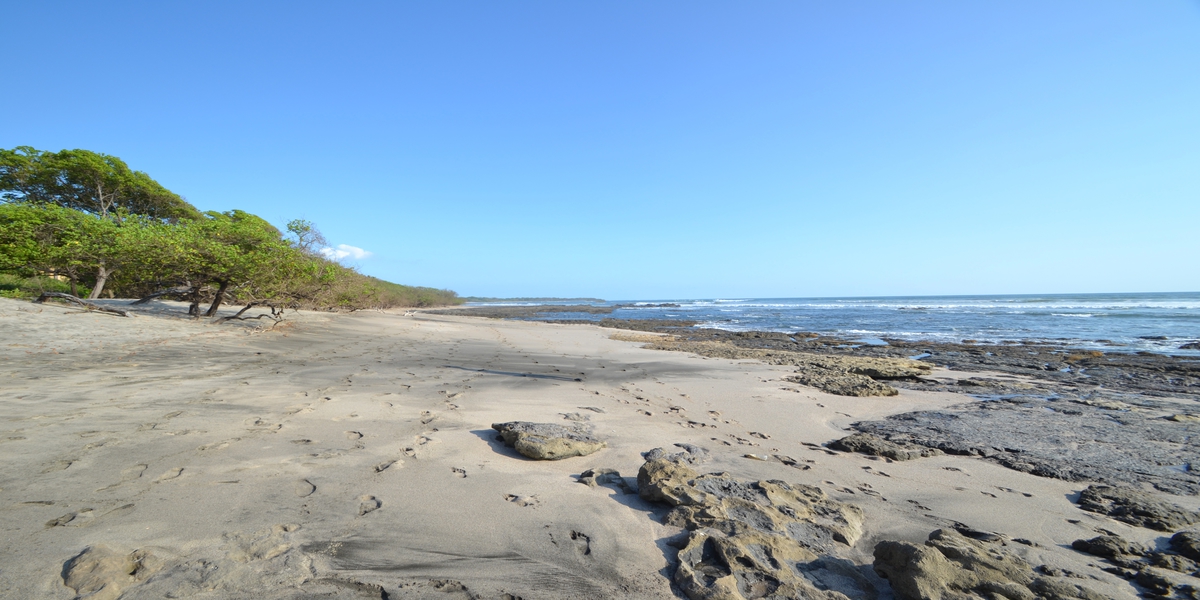 Any adult citizen, resident, or tourist can form and own a corporation in Costa Rica. The most common types are the Sociedad de Responsabilidad Limitada (SRL) and the Sociedad Anónima (SA). The former is composed of at least one member, and the latter requires a board of directors consisting of at least four members. A competent Costa Rican notary (lawyer) can help you determine which type suits your needs and guide you through the process. The legal costs average $800 - $1200 and include numerous governmental registration and licensing fees. The steps to form a corporation in Costa Rica are as follows.
Any adult citizen, resident, or tourist can form and own a corporation in Costa Rica. The most common types are the Sociedad de Responsabilidad Limitada (SRL) and the Sociedad Anónima (SA). The former is composed of at least one member, and the latter requires a board of directors consisting of at least four members. A competent Costa Rican notary (lawyer) can help you determine which type suits your needs and guide you through the process. The legal costs average $800 - $1200 and include numerous governmental registration and licensing fees. The steps to form a corporation in Costa Rica are as follows.
Choose a name for the corporation
Then consult the Registro de Empresas (National Business Registry) to see if your preferred name has already been registered by another corporation. The name must be unique and not easily confused with the name of an existing corporation. If the name you choose is already registered, choose another and repeat the process until you find one that hasn’t been taken. Then, submit a request to register the desired name.
Sign the articles of incorporation
The Acta de Constitución (articles of incorporation) states the bylaws that govern the company as well as the commercial activities in which it will be engaged. The members of the corporation, the sole proprietor in the case of an SRL (also called LTDA) or the board of directors in the case of an S.A., sign the articles of incorporation in the presence of a notary. The notary records the transaction in his/her legal logbook. More information on the difference between both types of corporation HERE.
Official announcement
The notary announces the formation of the new corporation in La Gaceta, the official newspaper of the Costa Rican government, for a minimum of 8 days. This public announcement ensures that no one has any objection to the creation of the company.
Open a bank account
 A bank account must be opened and funded in a state-owned bank. As an example, Banco de Costa Rica requires a minimum deposit of ¢50,000 colones, $500, or €100 to open a new account. Non-residents can use their passport as identification, but the bank may ask for documentation such as bank statements or certified accounting reports to verify the source of the funds.
A bank account must be opened and funded in a state-owned bank. As an example, Banco de Costa Rica requires a minimum deposit of ¢50,000 colones, $500, or €100 to open a new account. Non-residents can use their passport as identification, but the bank may ask for documentation such as bank statements or certified accounting reports to verify the source of the funds.
Register the corporation
- Registro Nacional - The notary who witnessed the signing of the articles of incorporation registers the newly formed company in the commercial section of the Registro Nacional (National Registry). The waiting time for this process is usually 15-22 business days.
- Ministerio de Hacienda - The corporation must be registered with the Ministerio de Hacienda (Tax Ministry). Form D-140 is used to notify the tax authorities of the initiation of economic activity.
- Caja Costarricense de Seguridad Social - Corporations that will have employees must register with the CCSS (National Social Security Administration). An official of the CCSS may be assigned to inspect the company's facilities.
Obtain licenses and permits
- Municipality - Some businesses are required to obtain a patente (business license) to operate legally. This license is issued by the local municipal government.
- Ministerio de Salud - Businesses that are open to the public are required to obtain a permit from the health department. The form to request the permit is simple for most businesses but more extensive for businesses in the food industry. The Ministerio de Salud (Health Ministry) issues the permits.
Obtain insurance for employees
All businesses that have employees are required to insure them against work-related injuries with the Instituto Nacional de Seguros (National Insurance Institute). The cost of the premium is based on the salary of the workers and the level of risk of the work performed.
Maintenance
 All Costa Rica corporations must maintain three legal record books. If the corporation engages in economic activity, it must also maintain three accounting record books. Costa Rican corporations must hold an annual shareholders meeting either in person or by proxy. The meeting must be recorded in the corporation's legal registry. The record should include the date, time, and place the meeting was held, the names of the attendees, and any modifications that were made to the structure of the corporation. Your attorney will normally charge a few hundred dollars per year to keep and maintain the books up to date. The government charges an annual fee that must be paid to keep the corporation in good standing. The fee is approximately $100 for non-active corporations and $200 for active corporations. A non-active corporation, often used as a holding company for real estate, is a corporation that doesn't produce income. Conversely, an active corporation has income.
All Costa Rica corporations must maintain three legal record books. If the corporation engages in economic activity, it must also maintain three accounting record books. Costa Rican corporations must hold an annual shareholders meeting either in person or by proxy. The meeting must be recorded in the corporation's legal registry. The record should include the date, time, and place the meeting was held, the names of the attendees, and any modifications that were made to the structure of the corporation. Your attorney will normally charge a few hundred dollars per year to keep and maintain the books up to date. The government charges an annual fee that must be paid to keep the corporation in good standing. The fee is approximately $100 for non-active corporations and $200 for active corporations. A non-active corporation, often used as a holding company for real estate, is a corporation that doesn't produce income. Conversely, an active corporation has income.
Report shareholders
A new law enacted in September 2019 requires that Costa Rican companies disclose the identity of their shareholders or owners. The legal representative of the corporation must file annually in April with the Registro de Transparencia y Beneficiarios Finales (Registry of Transparency and Final Beneficiaries) of the Central Bank. In addition to details about the corporation, the representative must provide the name, address, identification number, and contact information of each shareholder or owner and their percentage of ownership. In order to file, the representative must first obtain a Firma Digital (digital signature card) from an authorized bank. Such cards are only issued to Costa Rican citizens and residents. A non-resident can comply with the reporting requirements by granting a power of attorney to a third party who will then obtain the digital signature and file the disclosure.
Dissolve a corporation
To dissolve a corporation, first verify that it does not have any outstanding debts that must be paid to a government agency or private entity. Then, notify the same institutions that were informed when the corporation was formed: CCSS, INS, Ministerio de Hacienda, and Registro Nacional.
It’s clear that the process of forming and maintaining a corporation in Costa Rica is long and complicated. The key to success is to hire a knowledgeable notary to guide you from start to finish. We work with multiple attorney firms, please contact us and we will be happy to refer you.






